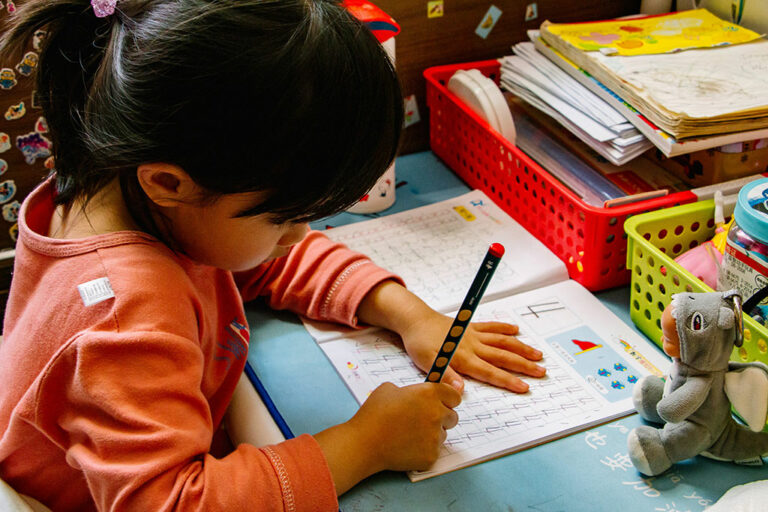How artificial intelligence will impact education in the coming years remains to be seen.
OpenAI has proposed ways teachers can use its controversial chatbot ChatGPT in their classrooms. ChatGPT has been criticized by educators worldwide for its use by students in school work such as writing essays and answering take-home assignments.
In what appears to change educators’ perception of its chatbot, OpenAI has suggested ways that ChatGPT can be used in the classroom to enhance learning. In a blog post titled “Teaching with AI”, the company released a guide to help teachers use the chatbot in their work, complete with examples of prompts they could try.
“We’re sharing a few stories of how educators are using ChatGPT to accelerate student learning and some prompts to help educators get started with the tool. In addition to the examples, […] our new FAQ contains additional resources from leading education organizations on how to teach with and about AI, examples of new AI-powered education tools, and answers to frequently asked questions from educators about things like how ChatGPT works, its limitations, the efficacy of AI detectors, and bias,” wrote the company.
One of the use cases suggested was to help non-native English-speaking students translate and write correctly. Dr. Anthony Kaziboni, the Head of Research at the University of Johannesburg teaches students who do not speak much English outside the classroom. He believes that being fluent in English is an excellent advantage in education and revealed that he encourages his students to use the AI tool for translation, to improve their English writing, and to practice conversations in English.
Another educator, Geetha Venugopal from Chennai, India uses ChatGPT to teach her students not to trust all computer outputs. The blog explains:
“In her classroom, she advises students to remember that the answers that ChatGPT gives may not be credible and accurate all the time, and to think critically about whether they should trust the answer, and then confirm the information through other primary resources. The goal is to help them “understand the importance of constantly working on their original critical thinking, problem solving and creativity skills.”
As to the question that has been on many concerned educators’ minds – “Do AI detectors work?” – OpenAI replies that none of the tools currently available have proven reliable in distinguishing between AI-generated and human-generated content. The company recommends encouraging students to show their work and drafts, including conversations with AI tools to show how they came to the conclusions in their final work.
How artificial intelligence will impact education in the coming years remains to be seen.
next